How To Find A Home That Will Likely Appreciate - Page 14
Share the post
Share this link via
Or copy link

Source: Moyo Studio / Getty
Home buying trends have been unpredictable in recent decades. There was a drastic increase in people buying homes between the years 1990 and 2004. Then, the 2007 to 2009 recession hit, and those numbers started to drop. In recent years, they began to climb again. Now, we’re in another recession. The economy is anything but stable or predictable. And this instability is caused by something very specific: a pandemic. So while this may seem like the last time in history people want to be out house hunting, home purchasing is actually on the rise.
Any time a recession hits, Americans are reminded that having all of their savings in the stock market could leave them with nothing, should they retire at the wrong time (like during another recession). So, they diversify, and buying property is one way to do that. Of course, if a property is meant to be part of your retirement plan, you want to buy one that will appreciate. We spoke to Leneiva Head, owner of Welcome Home Realty in Antioch, Tennessee, about how to spot a place that might appreciate.

Source: Bobby Quillard photography / na
You can’t see the future
Head started with the important disclaimer that nobody, including your realtor, can promise appreciation, or see the future. With that in mind, she added, “If you’re trying to buy a house with the intent to have it appreciate, while we can’t see the future, we can look at the statistics of the past.” So, see how properties have appreciated over time, in that area.
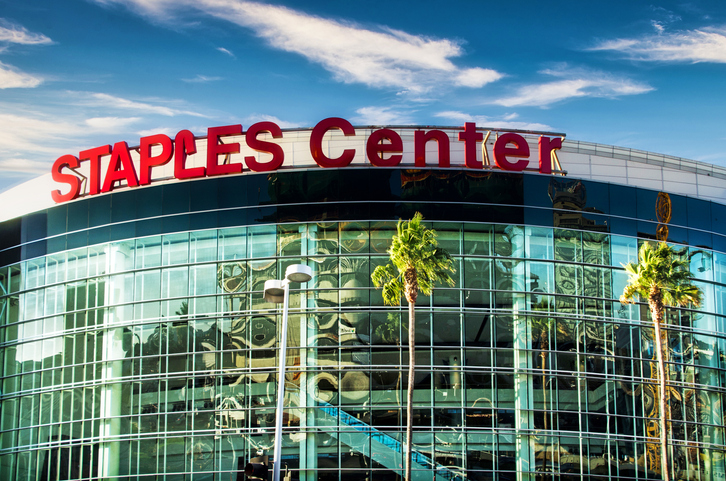
Source: Mitch Diamond / Getty
Some places stay popular
Love MadameNoire? Get more! Join the MadameNoire Newsletter
We care about your data. See our privacy policy.
When identifying neighborhoods that are likely to remain valuable for years to come, look at what else is there – not just the residential side of things. “We have certain areas of the city that you just know are always going to be appreciating,” says Head “Areas that are close in proximity to sports and entertainment-type venues. For example, the country music hall of fame. The Bridgestone Arena for concerts. The Titans Stadium.”

Source: MEDITERRANEAN / Getty
The wealthy stay wealthy
As for more purely residential areas that will likely maintain their value, “Those will be the more affluent areas,” says Head, noting that, during recessions or economic instability, it’s the ultra-wealthy who don’t need to sell a home or pick up and move to make their finances work. They get to stay put. So those affluent areas don’t tend to see much movement and, for that reason, the properties rarely drop in value.

Source: Алексей Облов / Getty
Attractions for out-of-towners
Another type of neighborhood Head says tends to appreciate is “A downtown area that attracts people from all over the country or world…There are some key areas that, just based on where they are, they’re not likely to see the same decline if we have a market failure as some other areas of town…Areas near major corporate establishments, like near the Google campus….[Areas] near corporations where you’ll have executive-level individuals working.”

Source: SDI Productions / Getty
Should you buy new?
“A lot of people look at new construction first. New construction is nice, but there’s not always certainty in what that neighborhood is going to look like a few years from now,” states Head. “It starts off amazing, but sometimes, developers overpromise and under deliver. The pool never shows up. The clubhouse never gets put in. All homes on the first level were going to be 1500 square feet. And now you have 900 square feet homes next to 2000 square feet homes.”
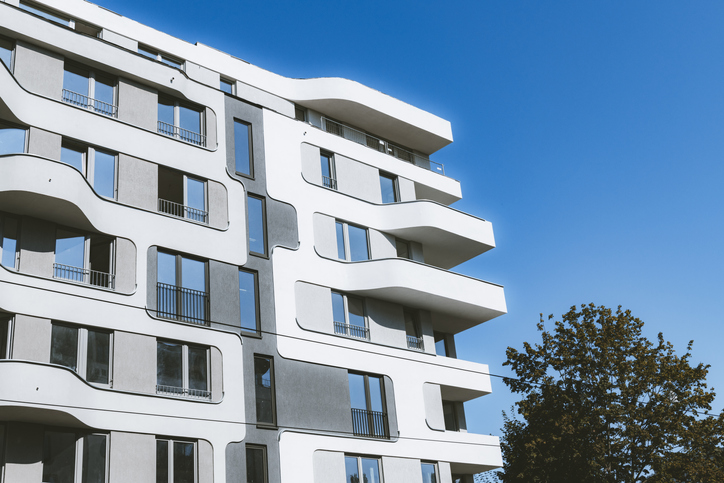
Source: golero / Getty
New can be unpredictable
When it comes to buying a place that’s still being developed, that may be a better investment for those looking to make a quick profit, rather than a long-term one. Head says, “If you have a situation where you can get into the new construction in the very beginning before they get to phase 2 and phase 3, then you can probably make sure that you’re going to see an increase.”
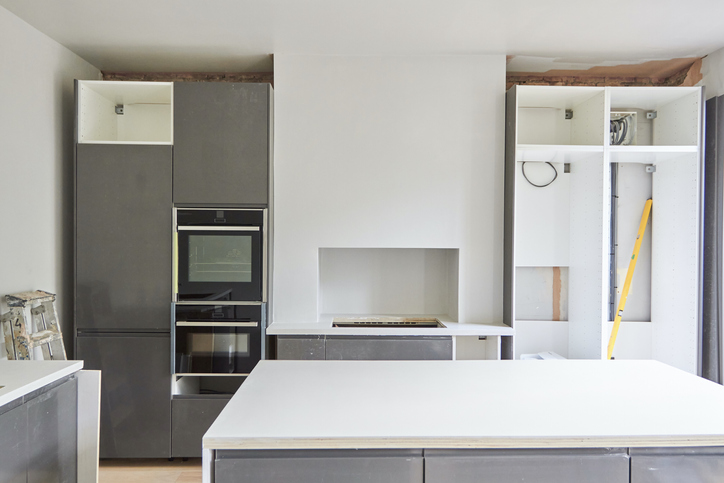
Source: Keep It 100 / Getty
Buying new may be good for now
There are times when buying new can certainly mean a profit. “But it’s going to be a short term turnaround,” says Head. “Some people buy at phase 1 in construction. They sell at phase 3. They make a lot of money. But had they stayed for years, they could have lost.” There is no hard and fast rule on the long-term benefits of buying new. It’s just important to have as much information as possible about the plans for the area.

Source: Mark Hunt / Getty
Research neighborhood history
When looking at a neighborhood’s history, it’s not just about looking at house prices over time. It’s also important to research information on the surrounding area. “You can look at census data and see how things have changed over time. Narrow down your selection based on what’s going on around the area…If there’s no shopping, no restaurants, just, you the sky and the trees, you might come up a little short. You may not necessarily lose value but you may not appreciate very much.”
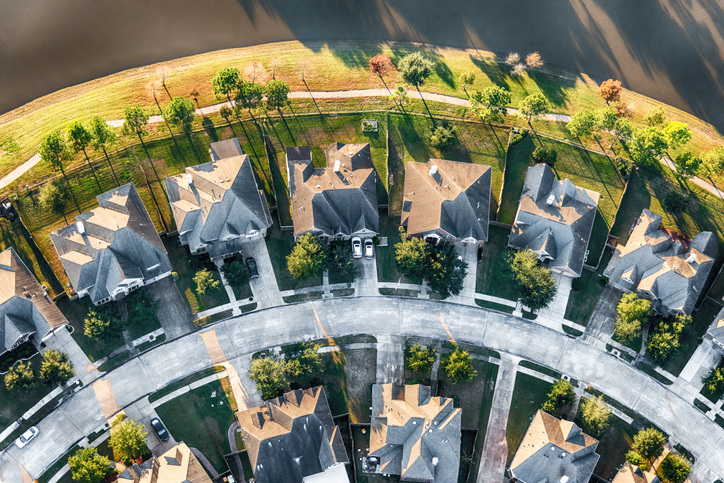
Source: Art Wager / Getty
Look into building plans
Head recommends having your agent find building plans for the area. “This is a big deal especially in places where you see hit and miss housing.” Hit and miss housing, as Head describes it, is when you have a neighborhood that has a combination of very old houses, between newly renovated places. That’s evidence there may be changes taking place in the neighborhood, but what are those going to be? That’s worth finding out.

Source: PixelCatchers / Getty
Ask your agent to find the plans
“Look at permit plans. What’s been approved for the area? Maybe there’s nothing there now, but there are plans for hotels and restaurants,” says Head. Being aware of that before anyone else is can also benefit you as the buyer, since house prices may not yet reflect the future improvements in the area.
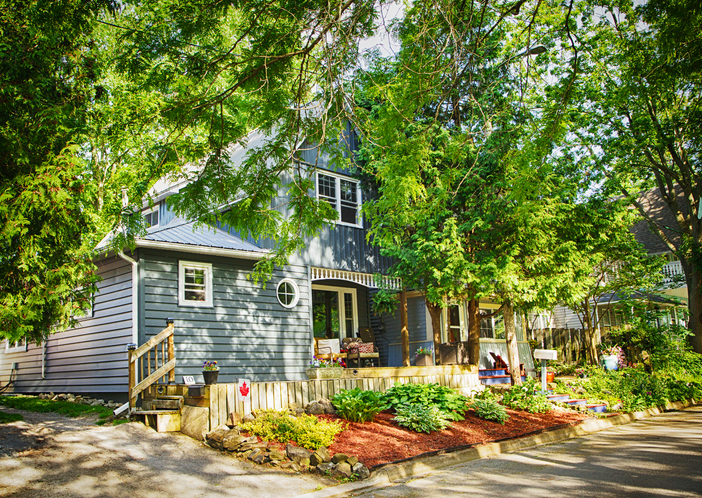
Source: Anjelika Gretskaia / Getty
Follow the money
“Watch the investors. Where the investors are going, that’s typically where the changes are going,” says Head. “Investors are paying attention to what’s going on with an area.” So, investors know which areas have plans for positive change – like new shopping and restaurants and entertainment venues – and they know where it’s worth building. That could also be where it’s worth buying.

Source: Dean Mitchell / Getty
How do you find the investors?
If you need help identifying which neighborhoods investors have targeted for building, it can be an eyeball test. “You can see investors by driving down areas that you suddenly can’t identify. But you’ve known the area for a while. Now you don’t recognize it. There are a lot of changes that are happening,” says Head. “When you see new things going on around the old things…those are investors working their way around the neighborhood.”
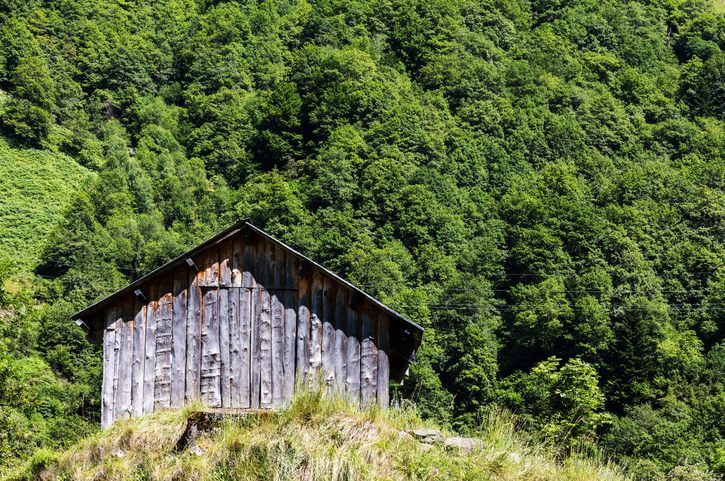
Source: fhm / Getty
Investors tear down. Individuals renovate.
Head also said that the type of changes going on can be indicative of whether investors are building out an area, or individuals and families are just moving in at a rapid rate. Investors tend to tear down properties and build new, whereas families and individuals are more likely to just renovate a preexisting property.

Source: Adene Sanchez / Getty
It’s public record
“If you’re not sure [where the investors are] and you want to double-check, look at the tax record. It’s public. Look at the county’s tax assessor. Look up the address. Find the owner, or ask your agent to do it,” advises Head. “Your agent can pull up a map and look up ‘labels’ and see owner names for an area.” Head says sometimes she does this and sees the same LLC name coming up as an owner over and over again. So that area is being taken over by investors.

Source: Delmaine Donson / Getty
How effective is this?
Head says she’s seen incidents in which, houses in a neighborhood were priced at around 200K or 300K. Then investors came in, built the area up, and prices rose drastically. The 200K houses were suddenly listed at 700K, 800K, and even one million. Again, there is never a guarantee, but that’s some evidence that following the investors can mean seeing appreciation.
-

She Tried It: Inahsi Naturals Aloe Hibiscus Leave-In Conditioner & Detangler
-

Meet Dominique Fils-Aimé, The Haitian-Canadian Star Redefining Jazz For A New Generation: ‘This is My Vision' [Exclusive]
-

Cooking With Purpose — How Brittney Williams Honors Her Caribbean Roots Through Food
-

8 Famous Lesbian Women Who Were Married To Men



